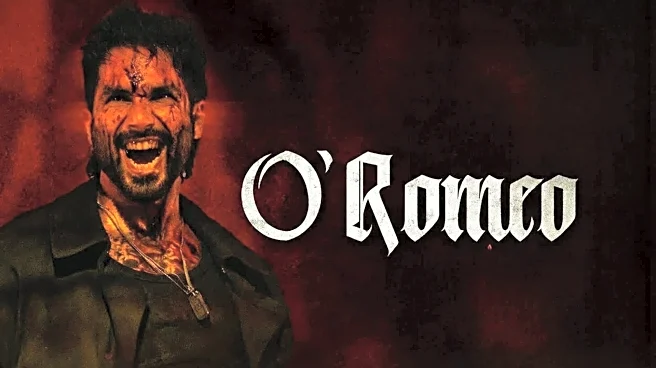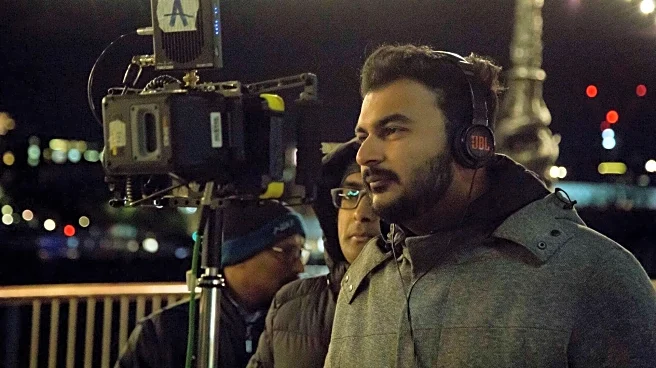In an argument session that lasted more than 2 1/2 hours on Wednesday (November 5), three members of the court’s conservative majority questioned Trump’s use of an emergency-powers law to collect tens of billions of dollars in tariffs a month.
Chief Justice John Roberts said the tariffs were an “imposition of taxes on Americans and that has always been the core power of Congress.” Justice Neil Gorsuch also signalled he was a probable vote against the president, and fellow Trump appointee Amy Coney Barrett asked probing questions of both sides.
A decision against Trump could force more than $100 billion in refunds, remove a major burden on the US importers that are paying the tariffs, and blunt an all-purpose cudgel the president has wielded against trading partners. More broadly, it would be by far the Supreme Court’s most significant pushback against Trump’s assertions of powers that go well beyond those claimed by his White House predecessors.
Also Read: Democrats’ strong showing signals voter discontent with Trump, say experts
The court’s three liberal justices also expressed doubt about the legality of the tariffs. A ruling could come as quickly as the end of the year, given the ultra-expedited schedule the Supreme Court has set so far.
The case involves Trump’s April 2 “Liberation Day” tariffs, which impose taxes of 10-50% on most US imports depending on the originating country. Trump says those duties are warranted to address the longstanding national trade deficit. The high court clash also covers separate tariffs Trump said he imposed on Canada, Mexico and China to address fentanyl trafficking.
Authority Questioned
Trump says his tariffs are authorised under the 1977 International Emergency Economic Powers Act, a law that gives the president a panoply of tools to address national security, foreign policy and economic emergencies. IEEPA, as the law is known, doesn’t mention tariffs as one of those powers, though a key provision says the president can “regulate” the “importation” of property to deal with a crisis.
Gorsuch indicated alarm at the reach of the Trump administration’s contention that Congress had delegated its constitutional authority over tariffs to the president.
Under the government’s logic, “what would prohibit Congress from just abdicating all responsibility to regulate foreign commerce – for that matter, declare war – to the president?” Gorsuch asked US Solicitor General D. John Sauer, the government’s top Supreme Court lawyer.
Also Read: Trump, Modi speak frequently as trade talks continue, White House says
Gorsuch later asked whether a president could impose a 50% tariff on gas-fueled cars and auto parts to tackle climate change. Sauer responded that the president could. Barrett questioned whether the statute’s words were enough to let the president implement tariffs.
"Can you point to any other place in the code or any other time in history where that phrase together ‘regulate importation’ has been used to confer tariff-imposing authority?” Barrett asked Sauer.
But Barrett also joined Justice Brett Kavanaugh in questioning whether the arguments of the tariff challengers made sense, given that IEEPA authorises the president to shut down trade entirely with a foreign country. Both asked why Congress might preclude the president from taking the more limited step of imposing tariffs. "That just seems a bit unusual,” Kavanaugh said.
Roberts indicated he saw the case as being governed by the “major questions doctrine,” a legal rule the court used repeatedly to thwart Joe Biden’s agenda when he was president. Under the major questions doctrine, federal agencies need explicit congressional authorisation to take actions that have sweeping economic or political significance.
"The justification is being used for a power to impose tariffs on any product from any country in any amount for any length of time,” he said. “It does seem like that’s major authority."
Also Read: Trump re-nominates Musk ally and private astronaut Jared Isaacman as NASA chief
The court is considering two separate lawsuits filed by small businesses, along with a third case pressed by 12 Democratic state attorneys general. All three lower courts to have ruled on the issue declared the tariffs to be unlawful.
The tariff arguments were a hot ticket in Washington. Among those in attendance from the administration were Treasury Secretary Scott Bessent, Commerce Secretary Howard Lutnick and US Trade Representative Jamieson Greer. Members of Congress included Democratic Senators Amy Klobuchar and Ed Markey and Republican Representative Jason Smith. John Mulaney, the comedian, was also at the arguments.
Should Trump lose, administration officials say most of the levies could be imposed using other, more complicated legal tools. Trump’s tariffs on steel, aluminium and automobiles were put in place under a different law, so they are not directly affected.
/images/ppid_59c68470-image-17623750330864556.webp)

/images/ppid_59c68470-image-177097507764227958.webp)
/images/ppid_59c68470-image-17709751595158761.webp)
/images/ppid_59c68470-image-177097511746415164.webp)

/images/ppid_59c68470-image-177097504074518728.webp)




